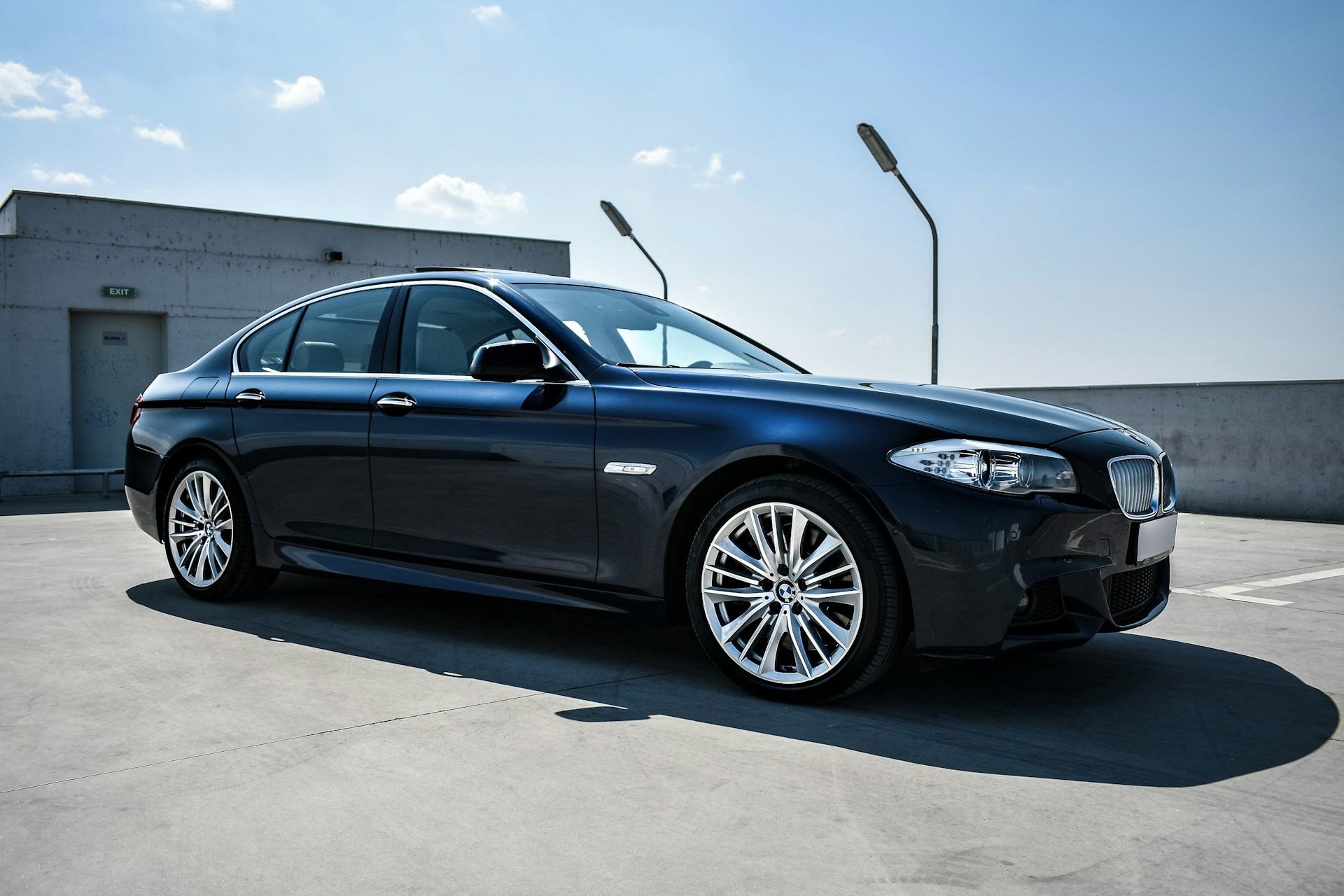What is a Saloon Car? What to Know When Leasing
By Alex | 19th April 2024
Mon-Fri 9am to 5.30pm
Catch all the latest news from Nationwide Vehicle Contracts from leasing information and car launches to international shows, FAQs and more.

By Fergus | 18th April 2024
Exploring the differences between personal and business contracts and snagging the best deals

By Alex | 19th April 2024
Nationwide Vehicle Contracts explores saloon cars, discussing benefits, drawbacks, and how to choose the right one.